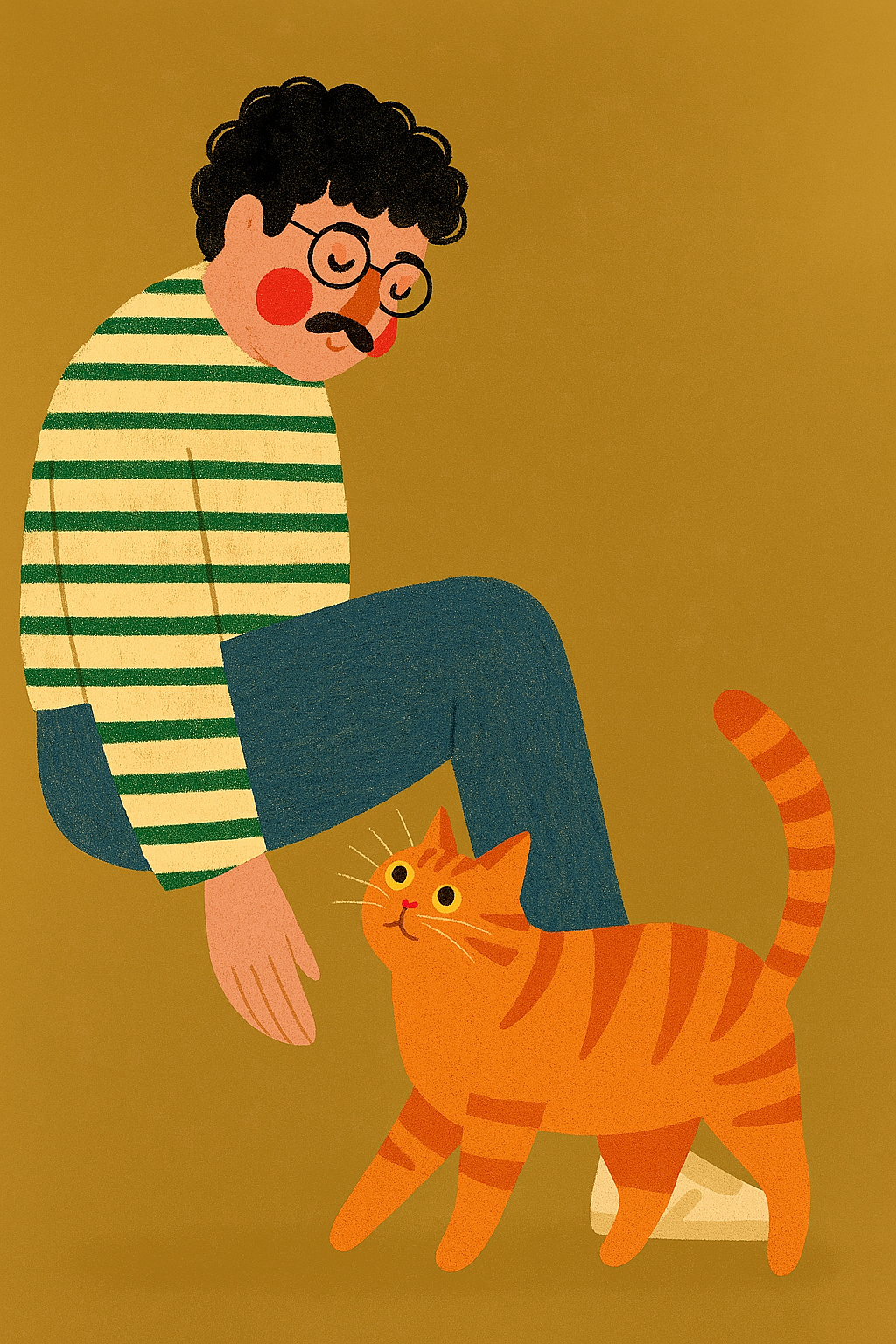⚠️ Spoiler Warning ⚠️
This article contains major spoilers for The Last of Us, The Wheel of Time, and 9-1-1 — specifically the devastating character deaths that ruined me recently (and possibly my personality).
There was a time when a major character death on TV felt rare. Shocking. Earned.
Now? Now I feel like I’m in an emotional Hunger Games, clutching my favourites like tributes and praying they make it through to next week’s episode.
Lately, though? No one is safe. Not my magical girls. Not my sci-fi dads. Not even my chaotic, stubborn, trauma-laden faves who normally survive on sheer narrative spite.
We need to talk about it. We need to grieve.
Joel in The Last of Us
I didn’t see it coming. I hadn’t played the games. I went in blissfully unaware, emotionally unarmoured, and ready to be devastated by fungus zombies—not by this. Watching Pedro Pascal’s Joel, the man who somehow made “grumpy, emotionally repressed smuggler” sexy and devastating at the same time, get ripped away felt like being blindsided by a truck I didn’t even know was on the road.
Joel wasn’t perfect. He was complicated, violent, selfish in a way only a broken man could be. But he loved Ellie. He chose Ellie.
“You have no idea what loss is.” — Joel, The Last of Us
And now we do, Joel. Thanks for that. I’m fine. Everything’s fine. Killing Joel isn’t just a narrative device. It’s a statement: love won’t save you here. Honestly? Rude.
Siuan Sanche in The Wheel of Time
Siuan Sanche was the definition of "powerful woman who absolutely deserved better." Amyrlin Seat. Tower-raised. Strategic genius. And what did she get for her troubles? Betrayal, manipulation, and a brutal, undignified death.
“The Amyrlin Seat is not just a woman. She is the White Tower.”
And yet, when it mattered, the Tower didn’t save her. The writers didn’t save her. They took a woman who had fought through politics, tradition, and impossible odds—and broke her down into a narrative stepping stone for someone else’s arc.
If you grew up obsessed with women who clawed their way to power (waves at Piper Halliwell, Buffy Summers, Scully), watching Siuan go out like that wasn’t just sad. It was enraging. It felt like a personal betrayal.
Bobby Nash in 9-1-1
This one hurt differently. 9-1-1 isn’t a grimdark show. It’s not Game of Thrones. You don’t expect to lose your emotional anchor—the dad-figure, the beating heart, the character who made trauma recovery feel messy but hopeful.
Bobby survived addiction. He survived losing his family. He built something new.
He deserved a quiet, dignified, boring retirement surrounded by his found family.
“You don’t have to be perfect to be a hero.”
— Bobby Nash, 9-1-1
And yet, in a handful of seconds, he was gone. Not to fate or randomness—but to choice. Bobby sacrificed himself to save Chimney. The kind of heroism that doesn’t shout, but stings.
Before he went, he said goodbye. He told Buck, “I love you, kid”, and asked him to look after the others. Then he asked for a moment alone with Athena.
With her, it was quieter. Deeper. Bobby told her how she changed everything—how she made him want to live again, how she turned LA from a place of penance into a place he could call home. And then he was gone.
No firehouse dinner. No final team meeting. Just love, legacy, and the kind of heartbreak you carry forever.
In Conclusion: TV Writers, Please Let Me Breathe
I get it. Stakes are important. Deaths matter. Stories evolve. But maybe—maybe—we could stop setting fire to the characters who taught us how to survive our own worst days?
Let the complicated dads live. Let the stubborn witches win. Let the emotionally unavailable smuggler dads learn how to be vulnerable without getting bludgeoned by a golf club. Because damn.
And lately, it feels like it’s ending for all my favourites at once.
Blessed be the messy ones. May the next season be kinder. But probably not.

